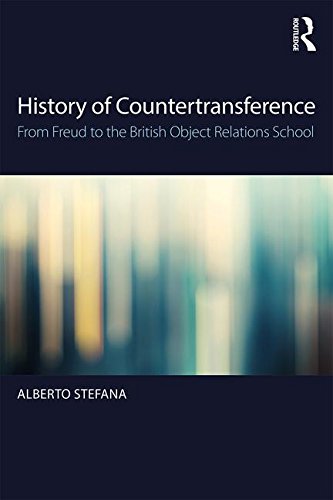

Most ebook files are in PDF format, so you can easily read them using various software such as Foxit Reader or directly on the Google Chrome browser.
Some ebook files are released by publishers in other formats such as .awz, .mobi, .epub, .fb2, etc. You may need to install specific software to read these formats on mobile/PC, such as Calibre.
Please read the tutorial at this link. https://ebooknice.com/page/post?id=faq
We offer FREE conversion to the popular formats you request; however, this may take some time. Therefore, right after payment, please email us, and we will try to provide the service as quickly as possible.
For some exceptional file formats or broken links (if any), please refrain from opening any disputes. Instead, email us first, and we will try to assist within a maximum of 6 hours.
EbookNice Team

Status:
Available5.0
15 reviewsThe constant and polymorphous development of the field of psychoanalysis since its inception has led to the evolution of a wide variety of psychoanalytic ‘schools’. In seeking to find common ground between them, Alberto Stefana examines the history of countertransference, a concept which has developed from its origins as an apparent obstacle, to become an essential tool for analysis, and which has undergone profound changes in definition and in clinical use.
In History of Countertransference, Stefana follows the development of this concept over time, exploring a very precise trend which begins with the original notion put forward by Sigmund Freud and leads to the ideas of Melanie Klein and the British object relations school. The book explores the studies of specific psychoanalytic theorists and endeavours to bring to light how the input from each one may have been influenced by previous theories, by the personal history of the analyst, and by their historical-cultural context. By shedding light on how different psychoanalytic groups work with countertransference, Stefana helps the reader to understand the divergences that exist between them.
This unique study of a key psychoanalytical concept will be essential reading for psychoanalysts in practice and in training, and academics and students of psychoanalytic studies and the history of psychology.